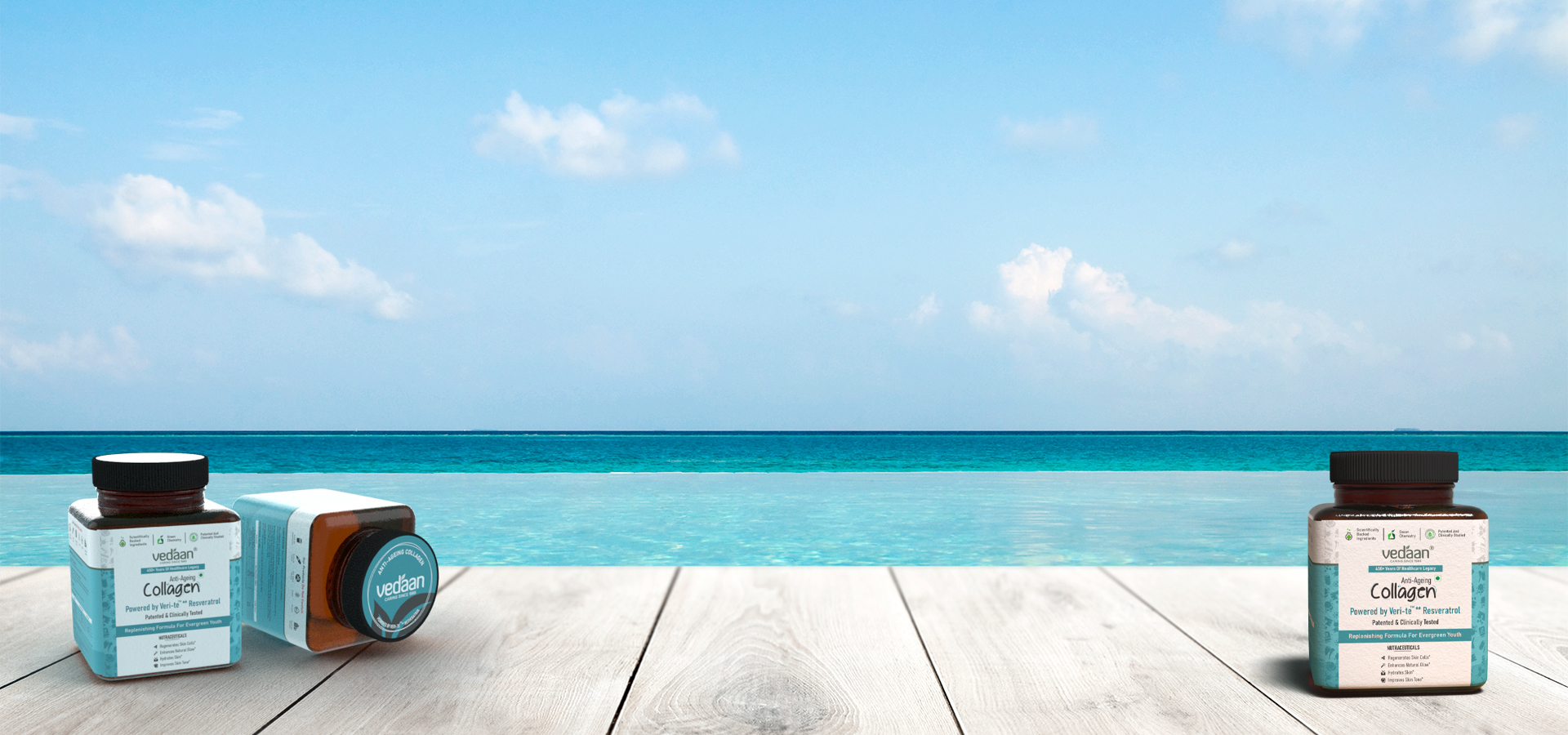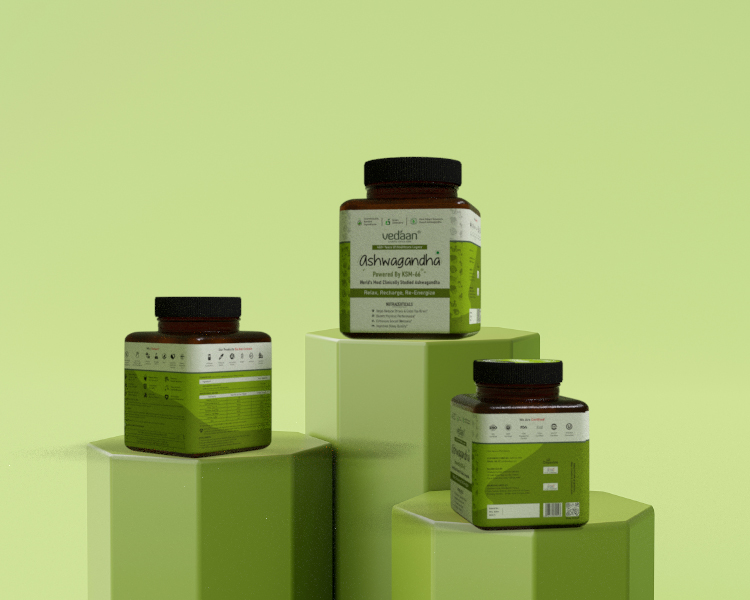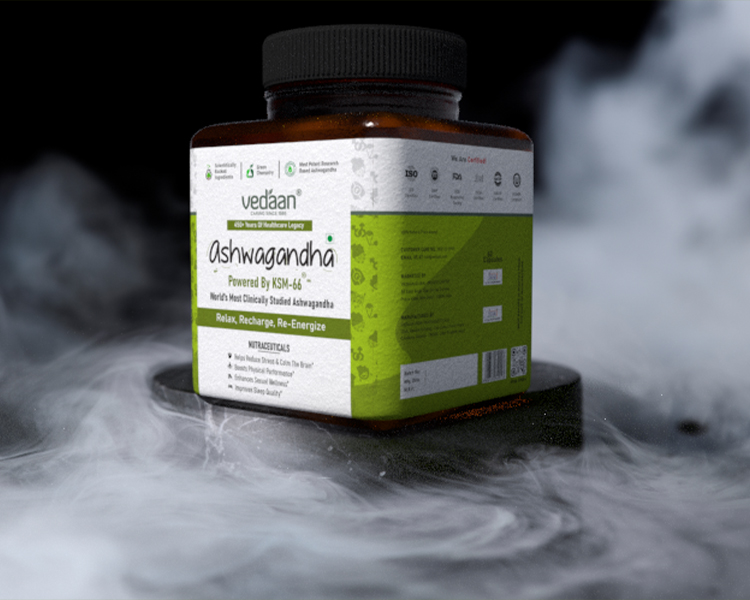The most prevalent protein in human bodies, collagen, is frequently linked to youth and beauty. First, however, we need to comprehend it fully. Or how we may benefit from it.
You know how challenging it can be to live with a skin problem if you’re one of the many people with one. So how might collagen be used to treat ailments like eczema? On the internet, there is a lot of discussion about collagen and its possible advantages for eczema sufferers. Some claim that utilizing collagen-rich skin care products or taking collagen supplements can help reduce the symptoms of eczema.
Read how collagen can benefit your skin, what is known about eczema, and general skin health.
What Is Eczema, exactly?
Before knowing the connection between collagen and skin disorders, let’s first define eczema.
The term “eczema” is used to describe a variety of ailments that cause people to have itchy, inflamed skin. With symptoms ranging from moderate to severe, it is widespread worldwide. Extreme eczema in some situations can make it difficult to perform routine everyday duties, which can be upsetting.
What Signs and Symptoms Are Present in Eczema?
- Red-colored patches on the skin
- Dry, bumpy skin
- Itching
- Open sores that weep may be found in more severe cases
Because it can be challenging to comprehend why eczema occurs, it can be obstinate and challenging to eradicate. In addition, itching can make things worse since scratching can cause more skin bleeding, which makes the problem worse.
What Causes Eczema?
Combinations of environmental and genetic variables may contribute to eczema. Typical causes may include:
- Detergents, soaps, and even fruits and vegetables can be irritants.
- Pollen, mold, and dust mite allergens
- Cold and sweltering temperatures
- Hormones
- Stress
Although prevention can be challenging, what about collagen? Is it practical to treat common skin disorders like eczema? Let’s find out!
What Is Collagen?
A crucial ingredient that gives the skin strength and suppleness is collagen. Unfortunately, our bodies create less collagen as we get older, which causes wrinkles and drooping skin.
It is found in the connective tissue and contains amino acids necessary for the firmness and suppleness of the skin. Like hyaluronic acid, collagen is a well-liked cosmetic component due to its reputation for enhancing skin look.
Collagen gives our bones their structure and makes them more robust and less brittle, according to a study on the role of collagen in bone strength. Additionally, collagen has also been found to increase muscular strength and the growth of lean muscle mass.
How Can Collagen Help Eczema?
A number of the advantages of regular collagen can also be linked to managing and facilitating eczema sufferers’ symptoms. For example, collagen contains the amino acid glycine, which is thought to have anti-inflammatory properties. Because eczema, also known as atopic dermatitis, is brought on by skin inflammation, inhibiting inflammatory cells with glycine can help.
Additionally, hydrolyzed collagen has been claimed to be antibacterial against microorganisms beneath the skin. Therefore, collagen capsules make sense as an excellent technique for treating eczema because germs can bring it on.
By avoiding scratching and skin damage, you can speed up the recovery of your eczema. This is because our bodies need collagen, especially the skin, to function appropriately. Collagen can therefore be taken regularly to promote the growth of new skin, lessen dryness, and treat uncomfortable eczema symptoms.
Below are more pointers on how collagen is excellent for the skin.
#1 Heal the Skin and the Intestines
Eczema and gut health are increasingly linked in the study, and there are believed to be two critical causes. First, a less robust gut lining that is only one cell thick and particularly vulnerable to injury. This means that unprocessed food or other irritants may reach the bloodstream, triggering an immunological and inflammatory response that may cause an eczema flare-up.
Second, it’s suspected that an imbalance in the microbiome, or colony of bacteria in the gut, increases the risk of skin conditions like eczema. Numerous studies have found that eczema patients’ microbiomes frequently differ from those of non-eczema patients.
By supporting the health of the digestive tract with highly absorbable collagen, there is less chance that food irritants will enter the bloodstream and cause an eczema reaction. A better gut lining will thus support a larger population of commensal bacteria and microorganisms in the gut, lowering the likelihood of eczema flare-ups.
#2 Healing with Inflammation
People with eczema frequently have a hyperactive immune system in response to external or internal stimuli. Additionally, the anti-inflammatory effect of the particular collagen peptides can considerably decrease the generation of the cytokines and chemokines that cause issues.
Notably recognized for its anti-inflammatory and immune system-supporting qualities is glycine.
Supporting general gut health and helpful microbes can help control an excessive inflammatory response because 70% of the immune system is located in the gut.
#3 Moisturising the Skin
By encouraging the body’s natural production of collagen and hyaluronic acid, taking collagen enhances skin hydration and seals moisture from the inside. This, in turn, can promote skin healing and help with eczema symptoms.
How Does Science Support the Claims?
Although anecdotal data from patients who have used collagen to cure their eczema is encouraging, further studies are required to substantiate these results.
However, one study on oral anti-ageing collagen capsules discovered that it could aid with roughness and dryness feelings, both of which are typical eczema symptoms. In addition, supplementing with collagen can help increase skin hydration and restore the dermal collagen network, which is frequently harmed in eczema sufferers.
Final Discussion
Eczema management can be complex. As a result, many people are always searching for fresh approaches to treating their problems.
Collagen is one treatment that is becoming more and more well-liked. Increased skin elasticity, reduced inflammation, and immune response modulation are all benefits of collagen. Collagen may be worth experimenting with if you seek a new technique to treat your eczema symptoms. Discuss it with your doctor to determine if it’s appropriate for you.
If you want to know where to find the best collagen capsules for skin in India, look no further than Vedaan India. We sell premium quality products that are entirely authentic and vegan.





